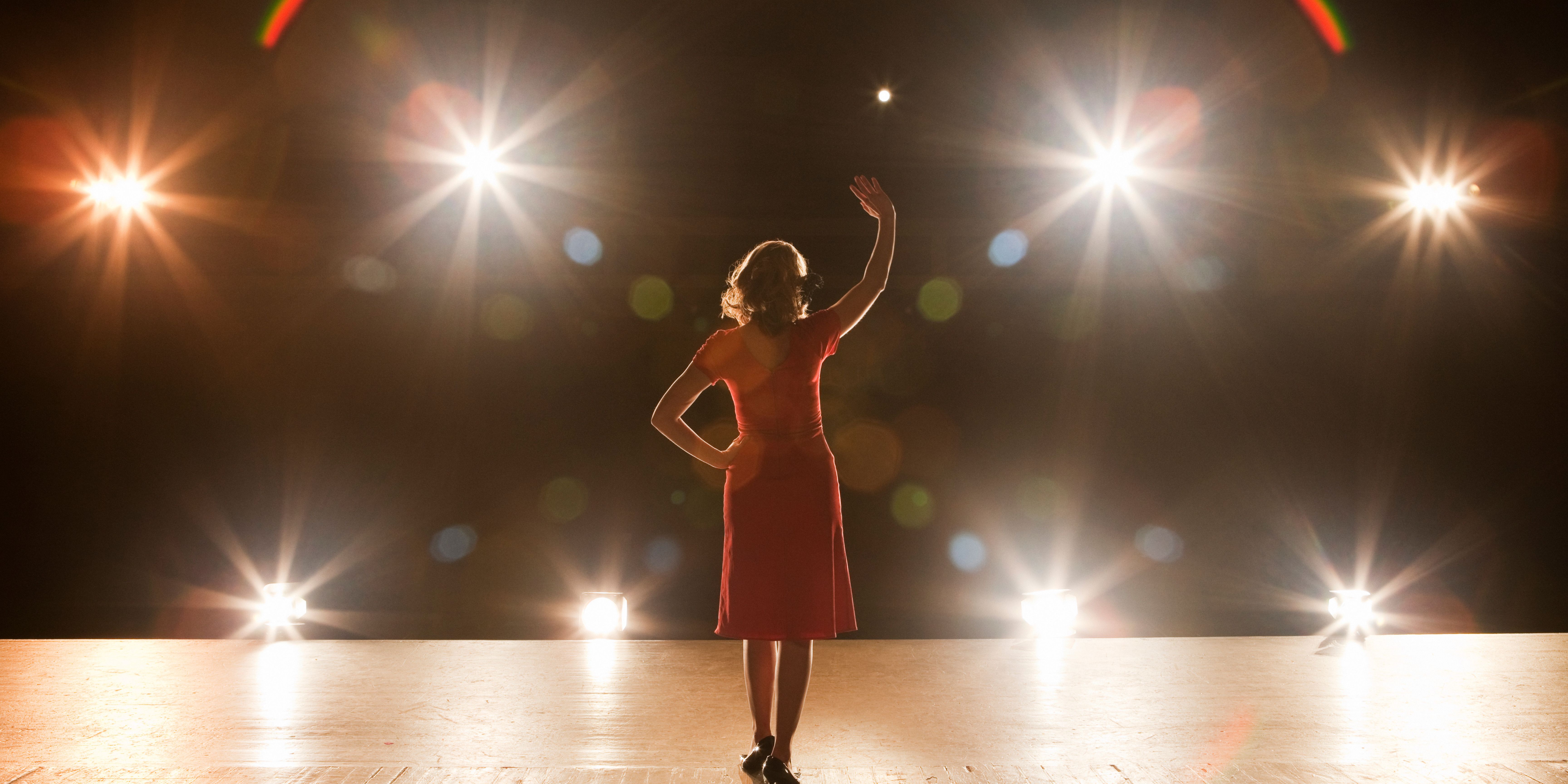Post a job
Mixfame Database
Let us find you the right talent
Mixfame Casting Director
Mixfame Database
Casting Calls
Browse latest calls
Success stories
Resources, Tips and Advice from the Entertainment Business
Latest casting calls
Post a job
Mixfame Database
Let us find you the right talent
Mixfame Casting Director
Mixfame Database
Casting Calls
Browse latest calls
Success stories
Resources, Tips and Advice from the Entertainment Business
Latest casting calls
Saying it Like a Pro: The Entertainment Industry Lingo
Saying it Like a Pro: The Entertainment Industry Lingo

Who has ever wondered what the Minions really talk about?
It’s been a mystery to everyone, and we’d really like a guidebook to understand their speech. What does “Polakotomi” or “la crona” even mean?
Maybe the only word we do understand is “banana”!
You shouldn’t feel this way when you’re planning to get into the entertainment industry. The technical words or the jargon used in the industry shouldn’t feel like gibberish to you.
Allow us at Mixfame to be your Mary Poppins of basic words and expressions used in the industry.
First things first, to get started you need to audition for a job. Let’s go through the meaning and difference between CASTING and AUDITION.
Casting is the process of selection that any management goes through to choose the adequate person for the role. The purpose is to get the attention of the casting directors to get callbacks in the future or for a specific role. Here, some cast members could be asked to perform together to see how well they fit in or relate to each other during some scenes of the production.
Audition, however, is the general call for performers to show their skills in front of a panel of people. They will then choose after the audition whom to cast for which role.

A casting call is a call or an announcement for an open audition. It is usually placed publicly or on certain websites where anyone can view it.
Sometimes, you are asked to audition via a general casting video that you send to the production. It introduces you to the director and the client and includes information about your name, age, and nationality. We display hands, tattoos, facial expressions, and modes of thought. There are many tips to prepare a successful video. Keep an eye on our blogs at www.mixfame.com to learn more about this.
Are you SHORTLISTED or SELECTED? You might have heard of these words, yet the process still confuses you. Let’s clear this up.
When you create a profile on any casting platform, it might very well happen that a casting director or producer, or photographer shortlists you. This means they have browsed many profiles and chosen from them the candidates who are the fittest and most qualified for the role. This can happen right at the beginning.
From the shortlisted profiles, they will select the people they would wish to take part in the casting process. Afterward, the selected individuals from the shortlisted profiles will be invited to a casting where the director will ask them to perform a particular acting test to judge their talent.
Consider the callback as a second “job interview” after the casting or audition. It is possible to hire an actor without having them come back for a callback. However, callbacks are helpful since they provide decision-makers with an additional chance to narrow the pool of applicants and choose the most qualified actor for the role. This is precisely what you would need to get started in this showbiz, even for the role of an extra. At the start of your career, take whatever you can get!

Let’s now cover more terms used in showbiz that’ll keep you on top of your game.
Call time in showbiz is not the duration of a call you have with someone. It is the time that a production's cast and crew must be on-location and prepared to work. Because the crew needs to prepare for shooting, typically it has an earlier call time than the performers. The call time's goal is to maintain the production schedule and budget. Make sure you respect this time; otherwise, you’ll cause a delay in the schedule, and no one would like that!
If call time is the time when you should be on set, wrap time is the time when the shooting is finished. It is the expected time when the work day is over. Usually, as call time is respected, wrap time is respected, too. If more time is needed, it will be considered overtime or OT; it’s the extra hours spent on set.
As for the call sheet, it is simply as the name says: the detailed sheet that indicates where and when each person participating in production should be. It serves as both a daily briefing and a blueprint or game plan for the upcoming day.
You might be asked to attend a fitting session, which would be the most fun. Every character has specific lines written for it and a specific look. A fitting session is when many outfits and accessories are tried and chosen for a specific character.
You will also have to sign a release form to confirm that you have no objections to participating in the shoot or appearing in the production be in on TV or any other showbiz production. Make sure you read it well as it also includes terms and conditions for appearing in competitive productions for a certain period of time.
Away from the screen or camera and live appearances, the entertainment industry needs VO to complete a specific production. Have you ever wondered who is the voice behind the animated series or movies you watch, or why do you hear a lovely voice but the actors on TV are not speaking?
This is the voice-over or VO. It is a production technique used in radio, television, film, theater and other presentations when a voice that is not a part of the story is employed. The voice-over is read aloud from a script and may be delivered by a regular cast member or a professional voice actor.

Moving on to more serious business, let’s cover quickly the ACTING RATE and the USAGE RIGHTS in the UAE. You should also consider this point when you get excited about a job.
Because they are compensated for the roles they are asked to play, the mains and featured have acting rates that are unique to each shot. The prices will vary because the usage rate in one country differs from the usage rate around the world. When you apply for a position, you need to be aware of these nuances. If you are chosen as an extra, you won't have a consumption rate; only the mains will.
The extras receive an acting rate of about AED500 because they don't reveal their faces. They are shown as shadows or just passing by or standing in a scene. They don’t have a main or featured role.
The shooting time for adults is considered 12 hours, and a half day is 6, whereas, for kids, it’s 10 hours for a full day and 5 hours for a half day. Unless stated differently in the job post, any extra time spent on set is considered OT and has to be reported to the person of contact. Usually, the overtime rate is considered 10% of the acting rate.
Now, usage rights are the rights related to the time and area of exposure of a certain production. Job posts clearly state where an advertisement, for example, will be run like in GCC or worldwide. Also, the usage rights clearly state how long the ad will run. If an ad runs for 3 months, the usage rights could be for a year. This simply means that no competitive role could be accepted or taken during this period. If you shoot an ad for McDonald’s, you cannot be seen in another ad for Burger King, for example, during the period mentioned in the usage rights. This is clearly stated in the release form you sign when you agree to a role. The usage rights are to be respected; otherwise, this will cause conflict and create issues with the production companies.
To wrap things up, familiarize yourself with these terms so you’re not in the dark when you start your career. We need to see you under the spotlight one day!
Popular Posts
Your headshot is important, here's why!
Written by Mixfame.com
Here's how upcoming actors should get the most out of extras work
Written by Mixfame.com
